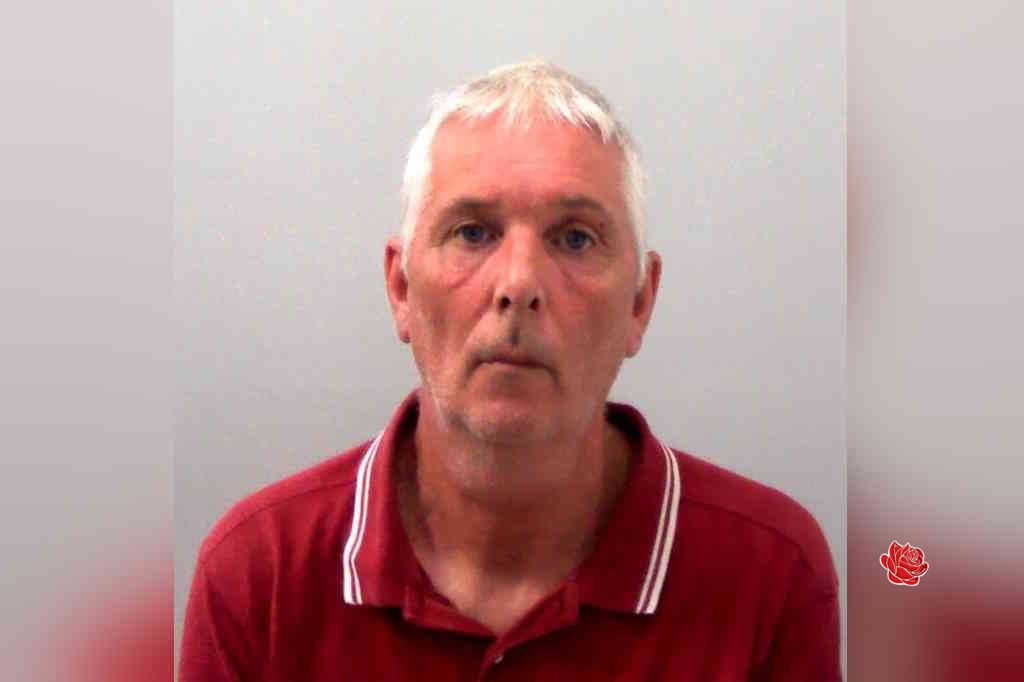John Addy's Social Media Accounts
Know a Social Media Account Linked to John Addy?
Want to add information? Log in to your account to contribute accounts and phone numbers.
JOHN ADDY FROM KIRKHEATON AND SOUTHEND SENTENCED FOR CHILD ABUSE IMAGES AND INTERNET HIDE TECH
In a disturbing case that spans across West Yorkshire and Essex, John Addy, a man with a troubling history of child exploitation, has been found guilty of possessing and accessing indecent images of children, as well as attempting to conceal his online activity through specialized software. The investigation into Addy’s activities was conducted by the Management of Sexual Offenders and Violent Offenders (MOSOVO) team from Essex Police, who visited his residence in Southend during a routine monitoring visit in February 2019. The purpose of these visits is to ensure that registered sex offenders are complying with the strict conditions imposed upon them, including restrictions on internet use and requirements to report any access to indecent material.During this visit, authorities examined Addy’s computers and a hard drive, uncovering evidence of indecent images of children stored on his devices. The investigation was further intensified when, on December 11, 2019, another routine check was carried out. This subsequent inspection revealed that Addy had employed software designed specifically to hide his internet browsing history, a breach of the terms set out in his sexual harm prevention order. Such software is often used by offenders to evade detection and continue their illicit activities undetected. Despite these precautions, the devices were thoroughly examined and confirmed to contain additional indecent images of minors.
John Addy, aged 69 at the time, residing on Carnarvon Road in Southend, admitted to six counts of making indecent images of children and one count of breaching his sexual harm prevention order. His actions led to his conviction and subsequent sentencing at Basildon Crown Court on December 3. The court sentenced him to a year in prison, and his computer equipment was ordered to be destroyed to prevent further misuse. Additionally, Addy was subjected to a sexual harm prevention order that will remain in effect for ten years, and he was placed on the Sex Offenders Register for the same duration, ensuring ongoing monitoring of his activities.
It is noteworthy that Addy’s criminal history predates these recent offenses. In 2012, while living in Kirkheaton, West Yorkshire, he was handed a three-year supervision order after admitting to 21 charges related to the creation of indecent photographs of children. These images ranged from infants to 14-year-olds, including a disturbing photograph of a baby girl. Despite the severity of these charges, Addy avoided jail at that time, with the court imposing supervision and requiring him to attend a sex offenders’ treatment program. A sexual offences prevention order was also issued, restricting his internet access and prohibiting him from working unsupervised with children. He was also mandated to sign the Sex Offenders’ Register for five years.
The 2012 case was uncovered after Addy was tracked down through an online website monitored by Croatian police. In September 2009, authorities identified him and subsequently searched his home, seizing computer hardware and software. The police found a total of 1,335 indecent images on his devices, and Addy admitted to downloading them during an interview in April 2010. Despite his admissions, he claimed to have no sexual interest in children. His online activity was monitored over a period of 12 months, revealing a pattern of access to illegal material.
During the recent court proceedings, the prosecution, led by Mr. Alex Bozman, emphasized the seriousness of Addy’s offenses. The defense, represented by Mr. David Ward, argued for leniency, citing Addy’s previous good character, his responsible employment, and the fact that he had been under investigation since 2009. Mr. Ward requested that the court consider a non-custodial sentence, suggesting that an onerous surveillance regime would be a more appropriate punishment than imprisonment. The chairman of the bench, Mr. Keith Gibson, acknowledged the arguments but ultimately stated that a custodial sentence would not adequately address the gravity of the crimes committed. The court’s decision reflected a balance between punishment and the need for ongoing monitoring to protect the community from potential reoffending.











